Introduction
Welcome to a new series, “Footprints of History”. This series is brought to you by, The Drawing Board, with whom I am partnering for the 3rd consecutive year. The Drawing Board is an international architecture competition based in India where students can test their understanding and skills in shaping how communities live and thrive while preserving local heritage. TDB has been actively running an Architecture competition for undergraduate students since 2016. It is conceptualised by Mindspace Architects and Rohan Builders. This year, the 9th edition of the competition, the design brief revolves around redesigning the Pathu Thoon Lane in Madurai (Tamil Nadu, India) also known as "10 Pillar Street”. This site is somewhere between the Meenakshi Temple and Thirumalai Nayakar Place. The design challenge is to restore and integrate the lane's cultural heritage, emphasizing these 10 pillars. The submission deadline is 16th September 2024.
Today’s episode is called, “Pillars of Past and Present”. I am pleased to have Architect Uday Andhare with us on Audiogyan. Uday has been a design principal at Indigo Architects since 1998. He holds a degree from CEPT University and the University of New Mexico. Uday advocates for technically appropriate and ecologically sensitive architecture, blending traditional wisdom with modern design. Uday teaches at CEPT University while leading his firm in Ahmedabad. He has drawn diverse experiences during his internships with B.V Doshi and while working in the USA.
Questions
What do you see when you see these 10 pillars on Pathu Thoon Lane? Which aspects stand out for you from an Intent, Material, and Context point of view?
The Getty Podcast - B.V. Doshi said, “Is Architecture defined by theory or it’s a convention, or it is something which is rooted in the place?” What are the potentialities of such a project? Do you consider it be a restoration project or conservation or anything else?
You have consciously chosen friendlier materials in your projects at Indigo. If one has to restore or build things around the pillars, would you build with new materials and new technology or continue with existing materials or the same fabric?
What are the few anchor points of traditional Indian architecture that still hold relevance today? (More meta)
Likewise, what are the few enduring aspects of Indian architecture that can inform students in this project?
Your Philosophy is “search for contemporary rootedness in this ever-changing environment”. How do you spot it? What are the key parameters on which this search happens?
For you, every new project feels like your first. How can any practicing architect or any creative individual maintain this fresh perspective, this outlook/worldview?
Which faculty would young architects need to build for the future digital world? Especially with AI, machines can simulate and build imaginary landscapes and more… What will make architects accept or reject AI proposals assuming they have the analog context of climate change and other challenges?
Reference reading
https://www.youtube.com/playlist?list=PLFIgtET-7ZIzMxVo0EeOdO3NaG-g0V2ve
https://www.linkedin.com/in/uday-andhare-0b34406/?originalSubdomain=in
https://thinkmatter.in/2017/02/27/indigo-architects-mausami-and-uday-andhare/
https://blogs.getty.edu/iris/audio-b-v-doshi-modern-architecture-in-india-part-2/


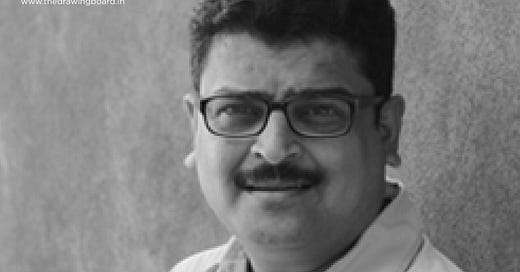



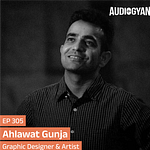

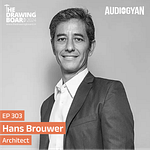
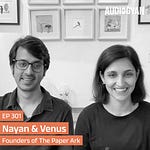

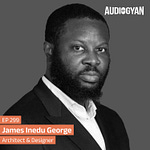

Share this post